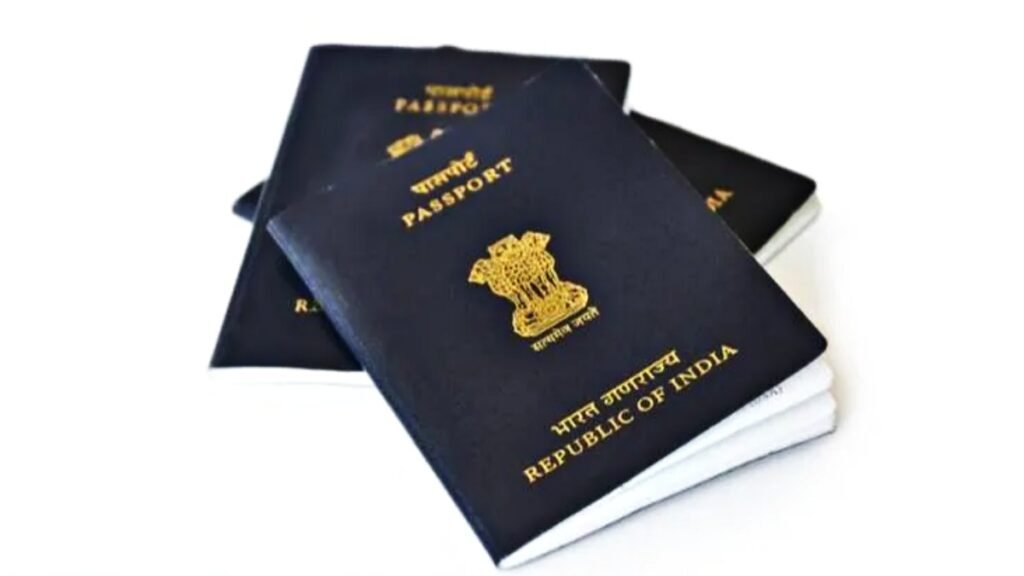
New Delhi: Indians are not only the largest group of migrants to the rich countries of the Organization for Economic Co-operation and Development (OECD), but also the top nationality to obtain foreign citizenship in these countries. The United States remains the most preferred destination for Indians seeking a new passport, followed by Australia and Canada.
According to the International Migration Outlook 2023, a report released by the OECD in Paris, Indians were the main country of origin for naturalizations in OECD countries in 2023. The report also states that Canada recorded the largest proportional increase of 174 percent in granting citizenship to foreign nationals between 2021 and 2022.
The report analyses recent developments in migration movements and policies in OECD countries, which include 38 members such as the US, Canada, Australia, Japan, Germany, France, and the UK. The report covers data from 2021 and 2022, as well as some preliminary figures for 2023.
The report reveals that the number of foreign nationals acquiring citizenship of an OECD country reached a record high of 2.8 million in 2022, an increase of 25 percent from 2021. However, the report does not provide detailed country of origin data for 2022. However, it says that India has been the leading source country for naturalizations in OECD countries since 2019.
In 2021, about 130,000 Indians obtained citizenship of an OECD member country, slightly down from about 150,000 in 2019. China ranked fifth in this regard in 2021, with about 57,000 Chinese nationals becoming citizens of an OECD country. The top three OECD countries that granted citizenship to Indian immigrants in 2021 were the US (56,000), Australia (24,000), and Canada (21,000).
Indians migrate abroad for various reasons, such as education, work, family reunification, or asylum. Obtaining citizenship in another country can offer them several benefits, such as easier travel to other countries without a visa, access to public services and social benefits, voting rights and political participation, and protection from deportation. Moreover, some OECD countries also provide job opportunities to foreign nationals in sensitive areas.

The report also highlights the impact of the COVID-19 pandemic on migration flows and policies in OECD countries. It shows that migration flows declined sharply in 2020 due to travel restrictions and border closures. It also examines the challenges and opportunities for migration governance and integration in the post-pandemic era.
















































